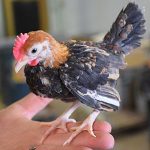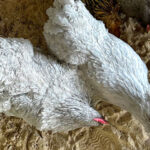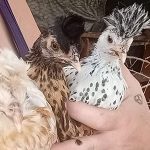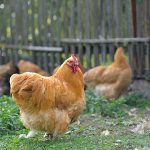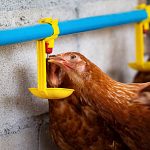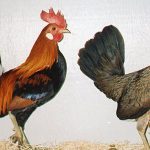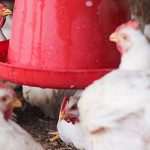
Does caring for bantam chickens differ from keeping larger chickens? Yes and no. Any differences generally relate to the bantams’ smaller size and to their typically gentle temperament. Predator Protection Bantam chickens are so light in weight that most predators can easily carry one away. And because they have shorter legs, they can’t run to […]
Continue Reading

